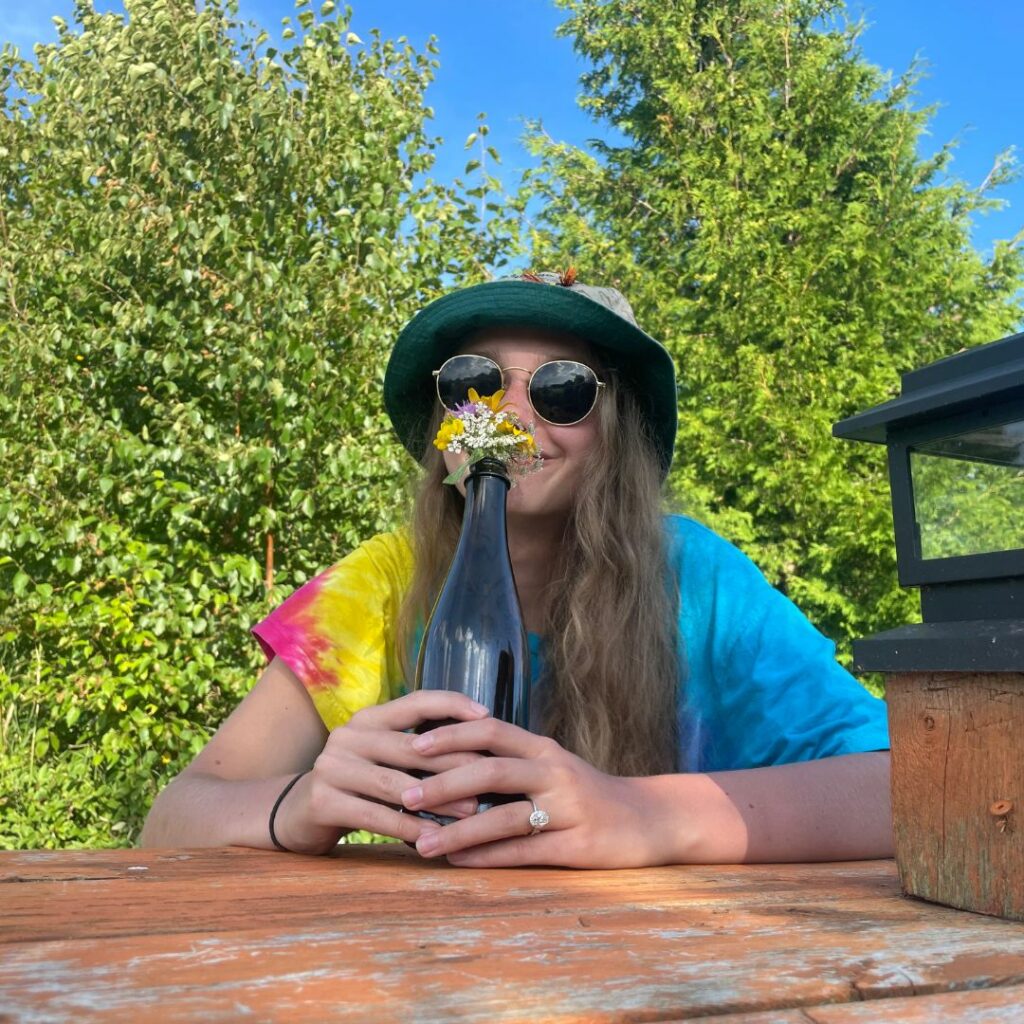We are Women’s offers the WCH community a chance to get to know each other and share our stories.

Name: Jessica Milotzki
Title & Department: Registered Nurse, Sexual Assault Domestic Violence Care Centre (SADVCC)
On the WCH team for: 13 months
- What does your typical work day look like?
Every day at WCH SADVCC varies in terms of the number of clients, complexity, and pace. Specifically, we see folks who are 14 years of age and older who have experienced sexual assault, intimate partner violence and/or human trafficking. So essentially, my day is tailored around whatever my current client’s needs are, including but not limited to: emotional support, forensic evidence collection, sexual health testing/medications, safety planning/risk assessment, and liaising with police, various hospitals/clinics, shelters, and other community agencies to best support our clients. All care I provide throughout the shift is with a trauma-informed approach and centered around the client’s autonomy. If I do not have a client with me, I spend a lot of time doing support calls, monitoring results, contributing to research entry (REDCAP), and communicating with community partners.
2. What excites you the most about working at WCH?
Personally, I love that WCH takes an active stance on supporting diverse, vulnerable populations within our healthcare system. I feel honoured to work with an organization that supports Black Lives Matter, LGBT2Q+ populations, access to safe abortion care, BIPOC folks, etc. Often these populations can be overlooked and underserved within our community, specifically in healthcare settings. WCH actively works to break barriers and I am happy that the clients I care for are able to access high-quality, equitable services.
3. How does your work contribute to creating a positive patient experience?
Often when I am seeing folks, they are potentially frightened, exhausted, and in the midst of acute trauma. My role at WCH SADVCC allows me to take as much time as needed with each individual to work in partnership with them to address their immediate concerns. Although I unfortunately cannot take away someone’s pain, I can be a compassionate, empathetic human being who is there to advocate and support them in their decisions. Being able to be a safe place for someone in crisis is large part of my work that I feel creates a positive patient experience.
4. Tell us one (or three) thing(s) that your colleagues would be surprised to learn about you?
Although I’m not a fan of capitalism, I’m extremely good at Monopoly and have played non-stop for up to 13 hours at a time.